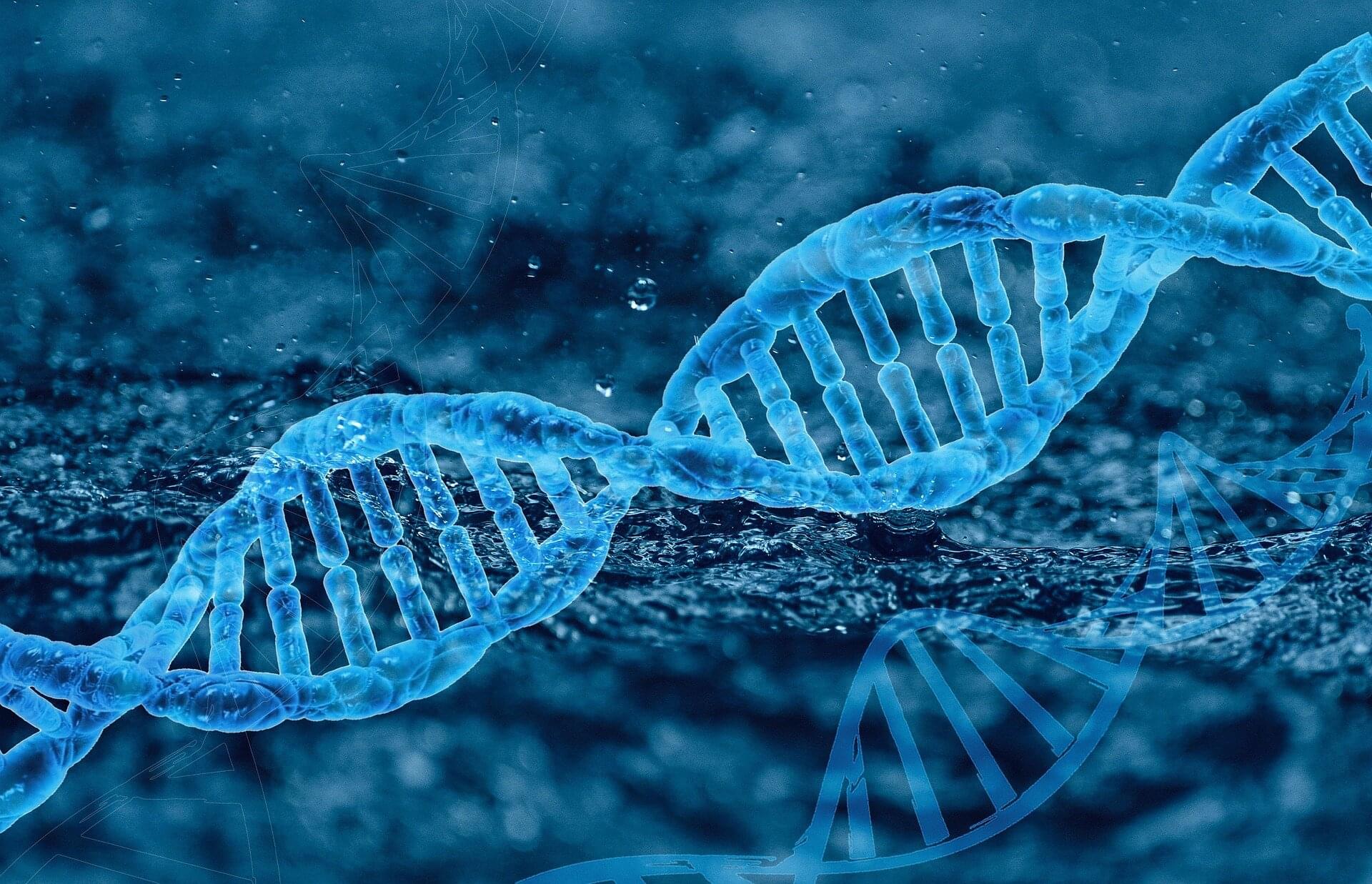An investigational gene therapy has successfully restored immune function in all nine children treated with the rare and life-threatening immune disorder called severe leukocyte adhesion deficiency-I, or LAD-I, in an international clinical trial co-led by UCLA.
LAD-I is a genetic condition that affects approximately one in a million people in the world. It is caused by mutations in the gene that produces CD18, a protein that enables white blood cells to travel from the bloodstream to infection sites.
In the absence of this critical protein, individuals with severe LAD-I—most of whom are diagnosed within their first months of life—are left vulnerable to dangerous, recurrent bacterial and fungal infections. Survival beyond childhood is rare without treatment.
